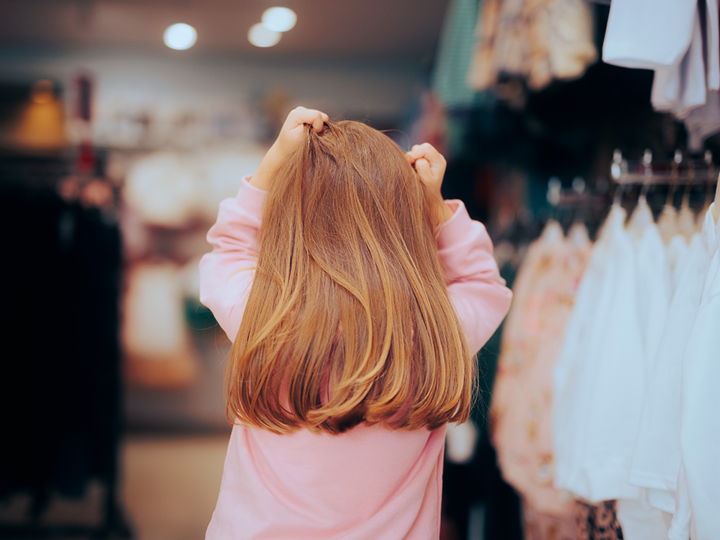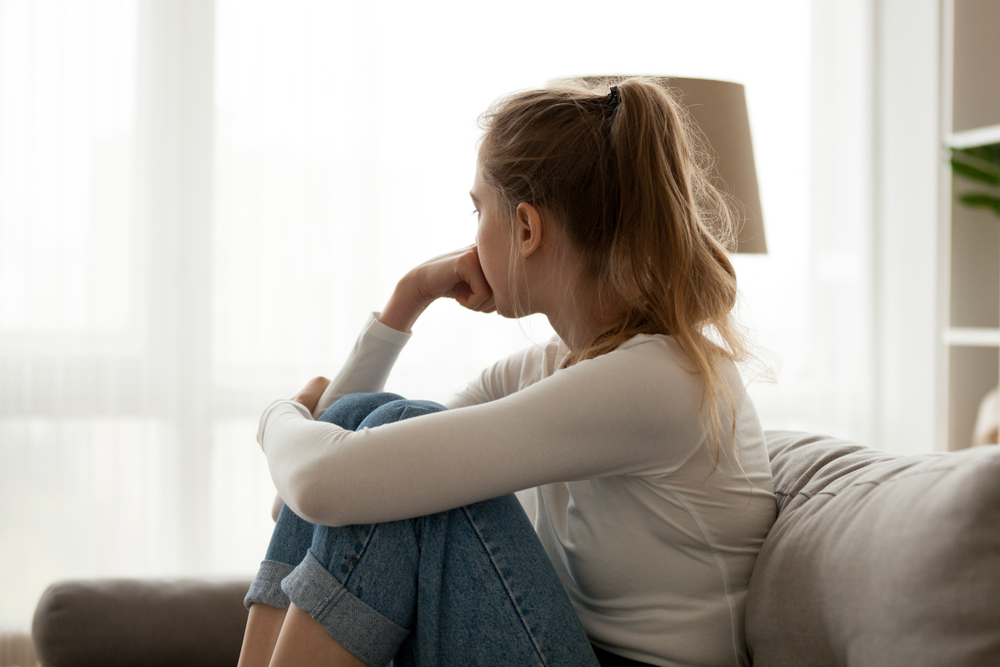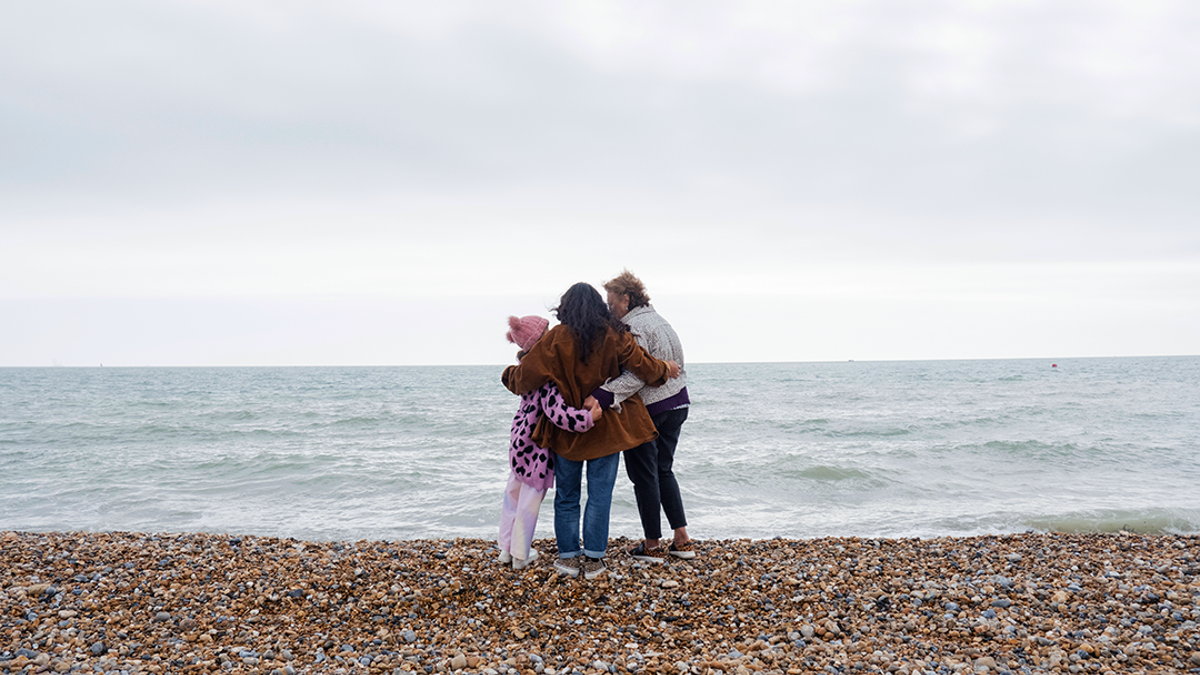Emotions, mental health and wellbeing for neurodivergent children and young people
- SEND
- Behaviour, emotions and mental health
- Neurodiversity

If you think your child or young person is experiencing a mental health crisis call NHS 111 and select the mental health option to speak to a NHS professional. You can also speak to your GP.
In an emergency always call 999.
Looking after your child or teenager's mental health is just as important as looking after their physical health. Their mood and behaviour can change and appear different at times. It can sometimes be hard to work out why or how to help them. This can be challenging for parents.
Explore the topics on this page:
Anxiety
Everyone experiences anxiety, it's a part of daily life. We may react to stressful situations in different ways. But the symptoms of anxiety are usually the same. When feeling anxious you may:
- feel scared or panicky
- have a higher heart rate
- sweat more
- feel sick
- not know what to do next
These are uncomfortable feelings that can impact behaviour, mood and energy levels.
It's common for neurodivergent children and young people to experience anxiety. You may notice when your child or young person seems anxious as their behaviour may change.

It might be hard for your child or young person to tell you what they are anxious about. It can be hard to put it into words, or they may not be aware of what's making them anxious.
Children and young people may show their anxiety through their behaviour. Some 'challenging' behaviours may be your child or young person trying to cope with their anxiety.
You may see your child or young person:
- becoming distressed
- throwing tantrums or have meltdowns
- becoming withdrawn or resisting any interaction with other people
- experiencing pain
- showing aggressive behaviour
There are lots of different reasons why neurodivergent children and young people feel anxious such as:
- meeting strangers
- being given too many choices
- not being able to communicate their needs
- changes in routine
- new activities or places
- experiencing uncomfortable sensations like a crowded space or a haircut
- transitioning from one activity to another
- remembering an unpleasant event like seeing a doctor or getting a haircut
Neurodivergent children and young people can be anxious about more than 1 thing at a time. This can be overwhelming for them. It can also lead to the 'challenging' behaviours.
Strategies to help your anxious child or young person
There are lots of small ways you can help your child or young person with their anxiety.
Be empathetic and patient. Remember how it feels when you're anxious. Try to keep a calm and neutral voice when talking to your child or young person when they are anxious. Your own frustration, anxiety or anger can make them more anxious.
Let your child or young person calm themselves. If your child has a way of calming themselves which you find annoying or difficult, let them calm themselves. It can help them to reduce the unpleasant feelings.
Help your child or young person understand social rules. Read more about communication for neurodivergent children and young people.
Keep a diary of your child or young person's behaviour. You may be able to find what is triggering their anxiety.
Establish a routine and stick to it. Some neurodivergent children and young people really benefit from routines. It helps them anticipate what is coming up next. They can then mentally prepare for it.
Give them as much notice as possible when there are changes to plans or routines. This can be for big or small changes. Changes to routines or plans can be stressful and upsetting to neurodivergent children and young people. It can help them if you give them as much time as possible to adjust to the changes. Try to explain what is going to happen. You can use visual supports to help as you explain. Read more about visual supports.
Allow time between activities. Transitioning between tasks can be upsetting for autistic children and young people. For example, taking a bath and then cleaning their teeth immediately. This can make them feel anxious. Whenever you can, allow for some time in between activities.
Find a space that can be their 'safe space'. This could be their bedroom or a small tent in the corner of a room. This space should be calming to your child or young person.
Have a 'time out' codeword or card. This codeword or card can be used by your child or young person when things are getting too much or they are feeling overwhelmed. They can go to a safe space to calm down when they are feeling anxious.
Use cards to help them show how they are feeling. You can use coloured cards like a green card for 'I'm okay' and red card for 'I need a time out'. You could also use cards with faces on showing how they feel such as calm, happy, worried, anxious and really anxious.
Have a sensory bag with fidget toys. Some children and young people find fidget toys like stress balls or playdough calming. Keep a bag with their favourite toys to use when they are feeling anxious or stressed.
Anxiety management workshop
Created by the Luton Mental Health and Wellbeing Service provided by ELFT.
Anxiety workshop for parents
Created by the Luton Mental Health and Wellbeing Service provided by ELFT.
Masking
Masking is a term used by both neurotypical and neurodivergent people. It's when you change your personality or behaviour to fit in. It's like putting on a mask to appear 'normal' or to blend in.
For neurodivergent people this could look like:
- copying behaviour or facial expressions
- suppressing natural responses or behaviours like hand flapping or repeating noises
- forcing themselves to make eye contact or paying attention to how much eye contact they are making
- exaggerating emotions or suppressing their emotions
- using smaller movements like playing with pens or playing with their hair
- changing their speech or tone of voice to fit in
- planning what they say in advance, making it harder to adapt to unexpected responses
- not sharing their interests or opinions
Children and young people often mask for school and social events. It can be very stressful and tiring for them as they are constantly monitoring what they do and how they look.
Masking can cause children or young people to meltdown or shutdown. This can happen when it all becomes too much or when they are feeling safe and secure at home.
Help for parents and carers
Parenting can be wonderful and rewarding experience. It can also be a very hard job.

Being a parent or carer of a neurodivergent child or young person can come with extra roles on top of being a parent. These roles are usually being advocate or peacemaker for or on behalf of your child or young person. You may need to talk to services for help and support. Sometimes you may need to disagree with them to make sure your child or young person gets the right help they need.
We know this can be exhausting. Lots of parents tell us this. Parents and carers can often be overlooked. We think that you're doing an amazing job!
It's important for you to take time for yourself. Taking time for yourself can make everything else, including parenting, a bit easier. You also deserve to take time for yourself and take care of yourself. It's important to find out what helps you to relax and re-centre yourself. Every person is different in what they find relaxing or restful. Try to give yourself some time to find something that will work for you.
Local support for you and your family
- Bedfordshire, Luton and Milton Keynes Health and Care Partnership have put together a list of local mental health services and support available to help your child or young person.
- CHUMS provides a range of services to support children and young people across Bedfordshire and Luton with mild to moderate mental health difficulties. Anyone can refer a child to the service, they also accept self-referrals.
- You can speak to your child's pastoral support or head of year at their school for NHS mental health support services.
- If you have any questions or concerns as a parent or carer you can speak to a health professional in our team for some advice and support.
You can email ccs.bedsandlutonchildrenshealthhub@nhs.net
You can call 0300 555 0606
Open Monday to Friday 9am to 5pm (excluding bank holidays).
- Children aged 11 to 19 can text ChatHealth for confidential advice. To speak to a school nurse and start a conversation, they can text:
- 07507 331450 if they live in Bedfordshire
- 07520 616070 if they live in Luton
Last reviewed: 27 November, 2024








